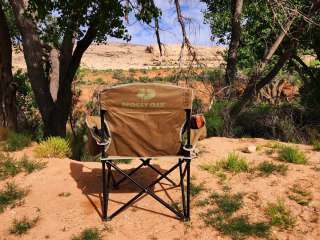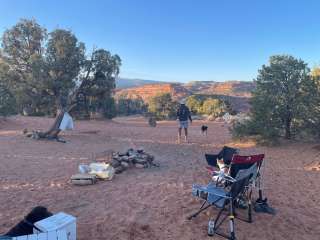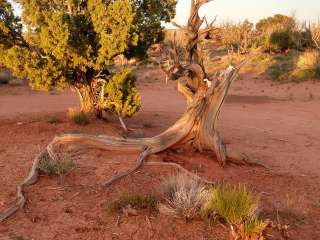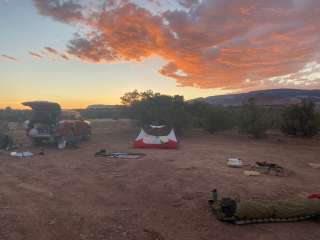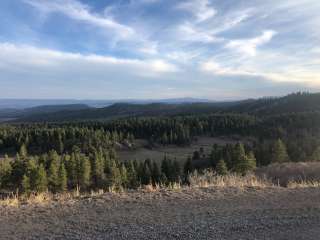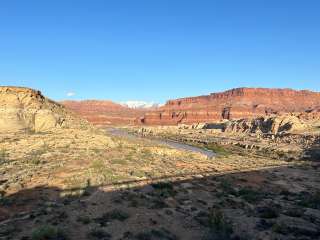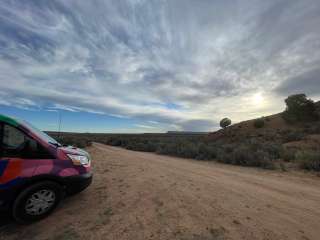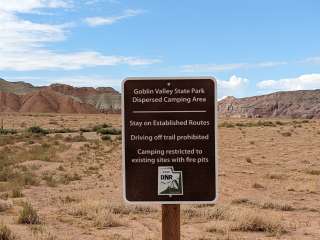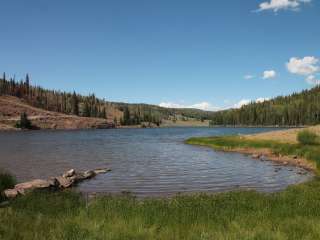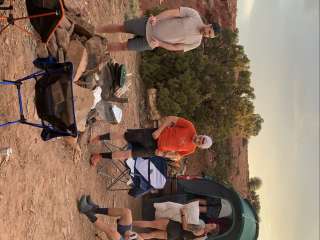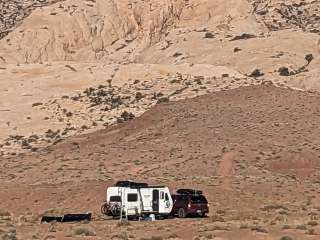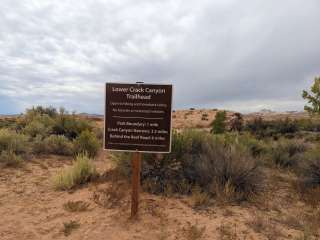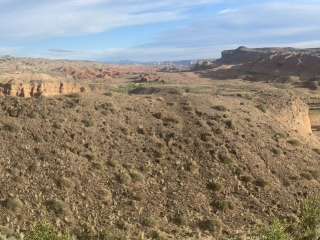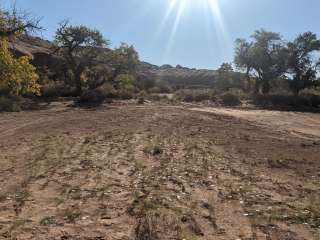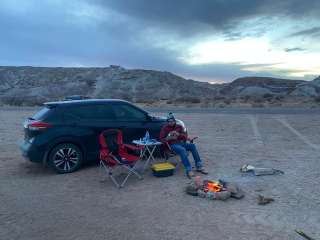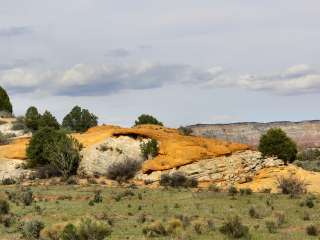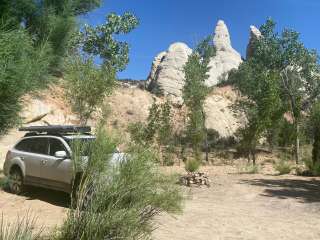Contact Info
Camping Style
About Campground
Many people enjoy the solitude and primitive experience of camping away from developed campgrounds and other campers. "Dispersed camping" is the term used for camping anywhere in the National Forest outside of a designated campground, and is generally allowed anywhere unless posted otherwise. Many people drive out on Forest Service roads into the woods and find spots that meet the needs for their camp.
Dispersed camping may mean no toilet facilities or treated water are located nearby. Typically, dispersed camping is not allowed near developed recreation areas such as campgrounds, picnic areas or trailheads. Some dispersed sites are provided with fire rings and in those cases please use them as they are designating that area as the spot to safely have a campfire. Finally some dispersed sites have a designated footprint for use. If you see a site with any type of barriers or fencing please respect these areas by not pulling motor vehicles or OHV’s around them. They are there to preserve the surrounding forest making it enjoyable for all for years to come.
Regulations
Follow these general guidelines to help ensure these dispersed camping areas will be enjoyed by future generations of campers:
Camping is limited to 14 days. The campsite must then be moved a minimum of ten miles. Camping is restricted to 28 days in any 60-day period.
All dispersed campers should follow the ideals of Leave No Trace and practice the concept of Pack It In - Pack It Out.
The Motor Vehicle Use Map only allows for motorized vehicles to be parked 150 feet off of any authorized forest service road.
Dispersed camping is prohibited in areas such as developed trailheads and picnic sites.
Choose sites that are already established.
Find camping spots that allow for water to shed naturally. Digging ditches around tents or trailers is not permitted.
Dispose of human waste properly (200 feet from water, in an 8 inch deep hole).
Please do not carve or chop into tree trunks—this can eventually kill the tree.
